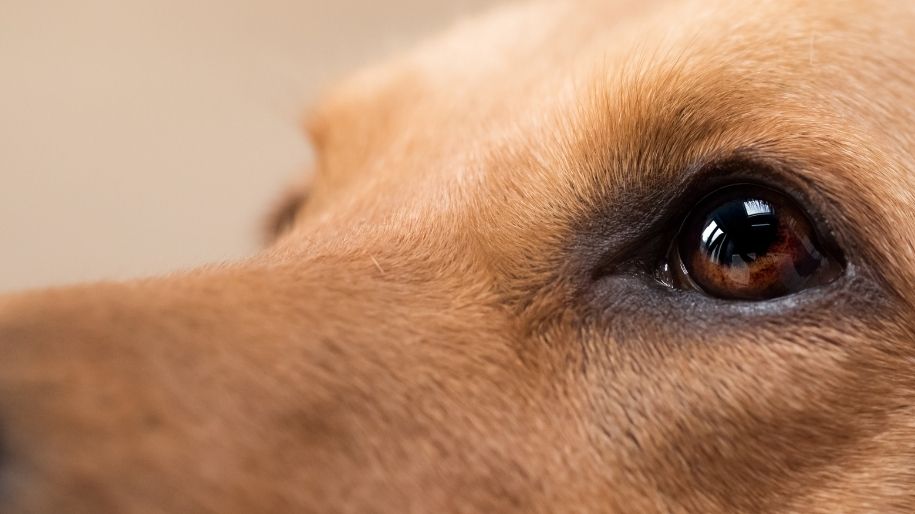PET HEALTH
What is Retinal Detachment?
The retina is the innermost lining of your dog’s eyeball. Retinal detachment refers to the separation of the retina from the back of the eyeball. This is often associated with an underlying medical condition. Retinal detachment could lead to permanent blindness if not treated quickly.
Dog Breeds at Highest Risk for Developing Retinal Detachment
Retinal detachment is reported in dogs of all breeds but is known to be an inherited condition in the following breeds:
- English Springer Spaniel
- Bedlington Terrier
- American Cocker Spaniel
- Miniature Schnauzer
- Samoyed
- Labrador Retriever
- Border Collies
- Shih Tzu
Symptoms of the Condition
Dogs with a detached retina may show signs of vision loss or even blindness. Your dog may also show night blindness, red eyes, enlarged eyes and/or the discharge of pus from the eyes. In addition, your dog’s eye may remain dilated and not adjust properly to light.
Causes of Retinal Detachment
Retinal detachment can occur in any breed at any age. The most commonly affected dogs are senior dogs, though. Dogs who are born with congenital health defects are at higher risk for retinal detachment at any age. Retinal detachment of both eyes is most often caused by an underlying medical condition such as glaucoma, high blood pressure and/or hypothyroidism. Exposure to toxins may also result in the detachment of the retina.
Treatment Options
Treatment of a detached retina is based upon each individual case. If surgery is necessary, there are techniques available to reattach the retina. Following surgery, your veterinarian will recommend to restrict your dog’s activity. Your veterinarian will also recommend several follow-up appointments to monitor your dog’s blood cell counts and ensure there are no complications post-surgery.
If surgery is not necessary, your veterinarian will treat the underlying medical condition causing retinal detachment. Once the underlying medical condition is treated, if the retina does not heal on its own, your veterinarian will determine the best option for your dog.
There are cases where the retina cannot be reattached. In these cases, your veterinarian will assist you in maintaining the best lifestyle possible for your dog. Management skills and lifestyle tips may be provided to you to assist in providing your dog with the best life possible.
Consider Investing in Dog Insurance
Looking for more ways to keep your pup happy and healthy? Consider investing in a dog insurance policy with MetLife Pet Insurance.1 Get your free quote today.

